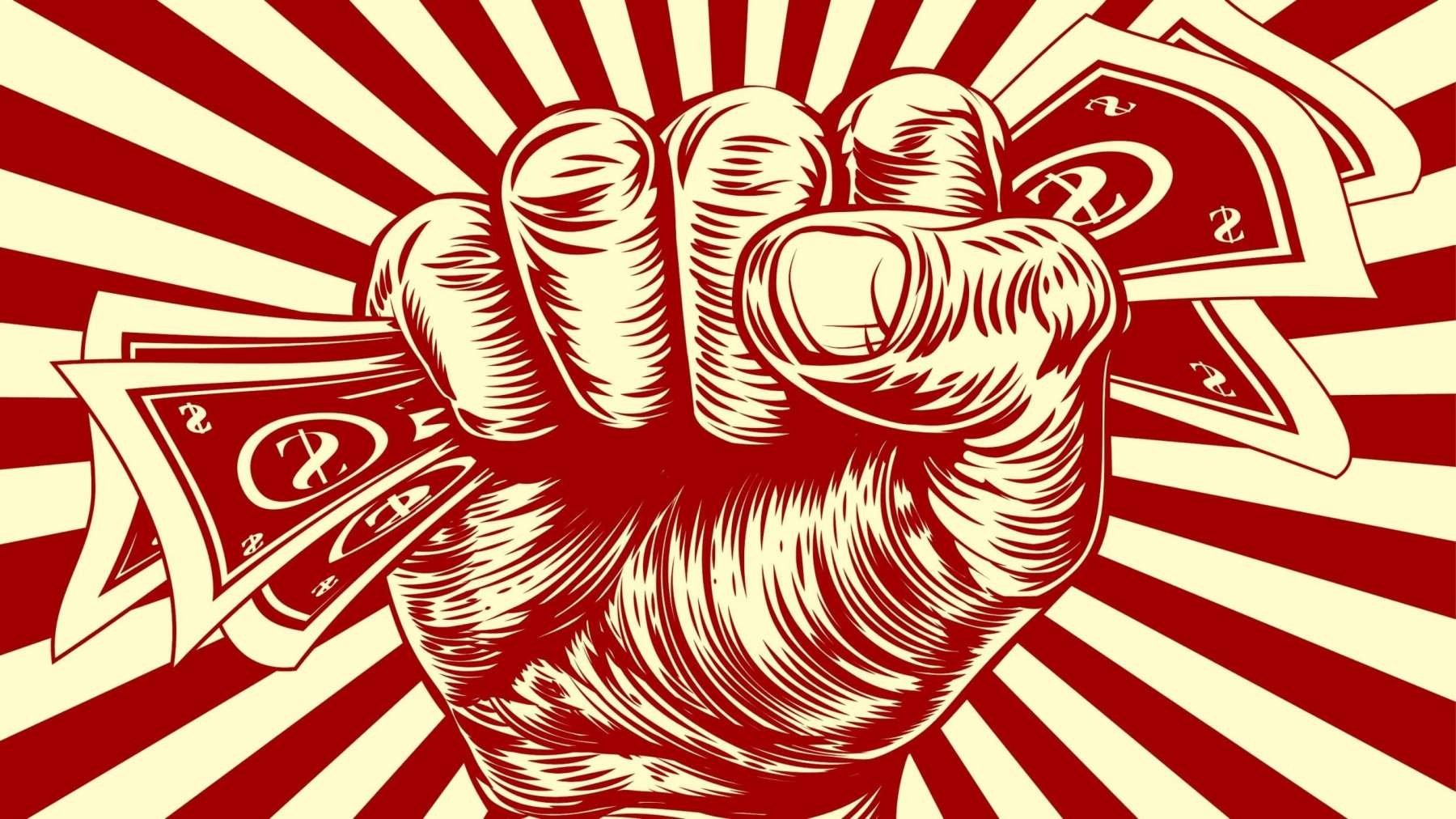RI Senate to hear $15 minimum wage bills today
Nearly one-third of all female workers, over one-third of Black workers and nearly half of Latinx workers in Rhode Island earn low wages and would benefit from a $15 minimum wage. Black and Latinx workers make up nearly one-third (32%) of all Rhode Island workers who would benefit from a $15 minimum wage. On average, workers would receive $2,100 in additional annual earnings.
February 3, 2021, 2:38 pm
By Economic Justice Coalition
Two minimum wage bills that would steadily raise the state minimum wage to $15 are scheduled for a Senate Labor Committee hearing today. The hearing comes on the heels of a multi-year campaign by a coalition of progressive organizations, labor unions and policy groups supported by the RI Working Families Party, who has successfully elected champions for the $15 minimum wage in three consecutive election cycles.
“We’re fighting for a $15 minimum wage because essential workers—particularly women—should earn enough to feed their families while keeping the rest of us safe,” said Georgia Hollister Isman, NE Regional Director of the Working Families Party. “As we move past this pandemic, let’s build a more fair economy that allows everyone to earn a liveable wage.”
The first bill introduced by Senator Ana Quezada (Democrat, District 2, Providence), lays out a guaranteed path to $15 by 2024. The second, sponsored by Labor Committee Chair Frank Ciccone (Democrat, District 7, North Providence) brings families relief even faster, reaching $15 in July of 2023, on pace with Massachusetts and Connecticut. Chairman Ciccone’s bill also indexes the minimum wage to inflation after it reaches $15, requires hazard pay of 1.5 times the minimum wage in emergencies, and sets the tipped minimum wage at $7.50. Taken together these bills represent a big change in the moment around $15 in the Senate. Just last year a multi-year path to $15 was quickly shelved in favor of a one-time smaller increase, but the election of more $15 minimum wage champions has added to the issue’s momentum. Both bills would increase wages for more than 131,000 people, or nearly a quarter of Rhode Island’s workforce, the majority of whom are women and people of color.
“Our 2020 Rhode Island Standard of Need shows that an individual needs at least $14.70 an hour to cover her necessities – assuming she does not have any family to take care of. Those workers with children need at least twice that to meet their basic needs. We know we are losing workers – especially those that care for our children and seniors – to higher-paying jobs across state borders. We must get to $15 an hour as soon as possible to support our families and the state’s economy,” said Rachel Flum, Executive Director, Economic Progress Institute.
The Economic Justice Coalition, which has been pushing for a $15 an hour minimum wage since 2017 along with paid sick days, paid family leave, and equal pay, includes Carpenters Local 330, Economic Progress Institute, Interfaith Coalition to Reduce Poverty, Planned Parenthood of Southern New England, RI Center for Justice, RI Democratic Women’s Caucus, RI Coalition Against Domestic Violence, RI Community Food Bank, RI National Organization for Women, SEIU 1199NE, SEIU Local 32BJ, RI SEIU State Council, RI Our Revolution, Teamsters Local 251, Unite Here, WestBay Community Action Program, Women’s Fund of Rhode Island, and the Working Families Party.
“It is a cruel irony that essential workers can’t afford to feed their families in RI. We can help protect working families from hunger by raising the minimum wage to $15 per hour,” said Andrew Schiff, Chief Executive Officer Rhode Island Community Food Bank.
“Victims of domestic violence are often unable to leave an abusive relationship because of financial instability,” said Tonya Harris, executive director of the Rhode Island Coalition Against Domestic Violence. “No survivor of abuse should have to choose between economic security and safety for themselves and their children. Poverty and income inequality are some of the root causes of domestic violence, and disproportionately impact women and people of color — particularly affecting their health. Rhode Islanders deserve to earn a livable wage to care for themselves and their families, and a path to a $15 minimum wage would create a more equitable, healthy Rhode Island.”
Nearly one-third of all female workers, over one-third of Black workers and nearly half of Latinx workers in Rhode Island earn low wages and would benefit from a $15 minimum wage. Black and Latinx workers make up nearly one-third (32%) of all Rhode Island workers who would benefit from a $15 minimum wage. On average, workers would receive $2,100 in additional annual earnings.






